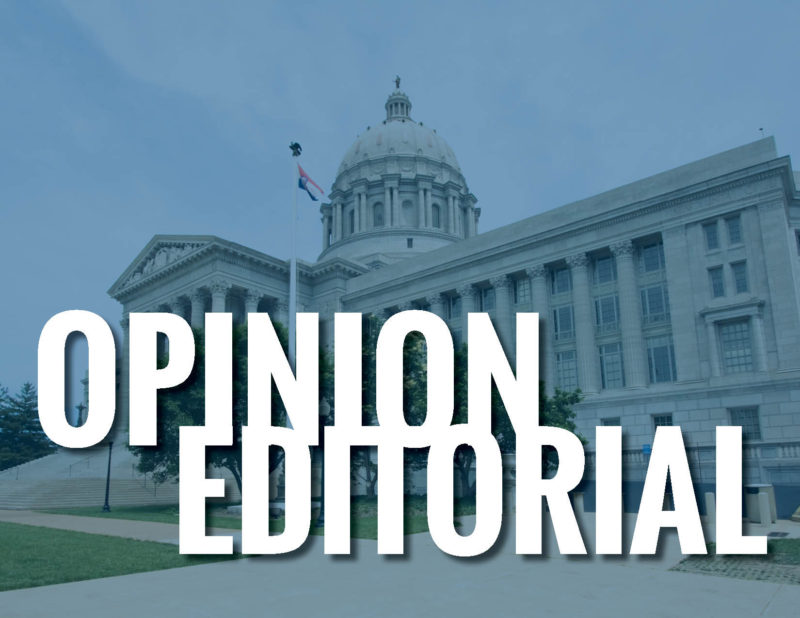By Chuck Hatfield
Missourians will soon hit the polls to decide the fate of Right-to-Work. A few months later, assuming the Russians don’t shut down our election systems, we’ll vote on whether to raise the gas tax and make changes to the bingo laws. But there’s more. If the Secretary of State agrees some other measures have enough signatures, we will also vote on the minimum wage, changes to the laws governing the legislature (including how to draw legislative districts), and whether to legalize marijuana (in one or more of three ways).
Don’t we have a General Assembly to take care of these things? We do, but Missouri is in a minority of states that allow the people to propose their own statutory and constitutional amendments. To successfully make those changes, advocates must obtain a substantial number of signatures of six of Missouri’s eight Congressional districts and then convince the voters to support the measure.
That’s not easy. Missouri history has plenty of examples of initiatives that spent a lot of time and money only to fall short of the signature count. And Missouri voters are notoriously skeptical of ballot proposals (see tobacco taxes) that involve complicated issues. Most political pros will attest that it is much easier to get a “No” vote on an initiative than a “Yes” vote, which may explain why Right-to-Work advocates sued Jay Ashcroft over whether Proposition A should be worded as a “No” vote to stop Right-to-Work rather than a “Yes” vote to approve it.
But salus populi suprema lex esto (the welfare of the people should be the supreme law) isn’t just some Cicero-based graffiti on the Capitol walls. The Missouri Constitution of 1875, and every one since, has reserved to the people the right to propose and enact or reject laws as they see best for their own welfare. Apparently the framers of our constitution thought it important to have a pure democracy option rather than just a republic. While a large number of states don’t allow the voters to propose their own laws, Missouri seems to have settled on the initiative process as an important tool in our democracy.
The good thing about initiatives and referenda is they allow the voters to by-pass the legislature. The bad thing about initiatives and referenda is they allow the voters to by-pass the legislature. Voters can propose measures when the legislature is frozen in political debate — incapable of reaching a decision — or when the legislature simply refuses to act on a measure the voters want to see. On the other hand, initiatives don’t allow for the important (and messy) debate that comes from the legislative process — initiatives are take-it-or-leave-it measures and the voters can’t offer amendments to make them better. Special interests can take advantage of that aspect by writing a generally attractive initiative while burying less attractive technical changes in the proposal.
So, voter-initiated legislation is a mixed bag. As Churchill said, “democracy is the worst form of government except for all those other forms.” Because Missouri’s Constitution is unlikely to change, we might as well embrace the concept and become hyper-vigilant in understanding the process and advocating aggressively for the policy changes we want to see (or not see). Without legislators and lobbyists to do the work for them, the voters are left to actually read the proposals and listen to the positions of the parties both for and against. Initiative petitions are one area in which it seems we need more campaigning, not less.
Chuck Hatfield is an attorney in Jefferson City. He served as Chief of Staff and Counsel to Attorney General Jay Nixon and is now in private practice focusing on governmental law. He is listed in Best Lawyers in America for Commercial Litigation, Not for Profit Law and Government Relations.
Hatfield chose Backstoppers to receive a donation on behalf of his writing.


